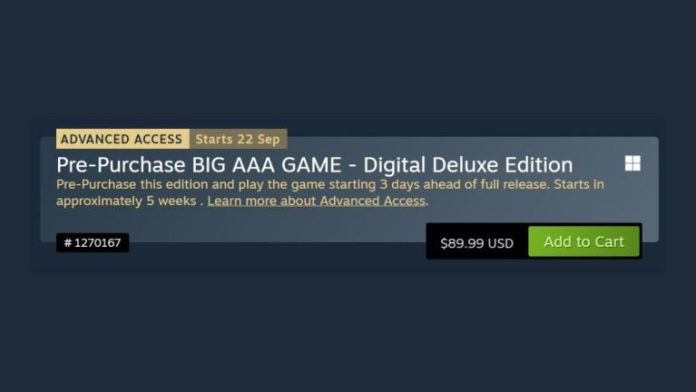These days, with what seems like every new release, game publishers find a way to squeeze just a little more out of players beyond the asking price of their games, whether it is in the form of cosmetics, unannounced expansions, digital goodies, or, more recently, advanced or early access.
Compared to everything else, this latter practice does not sit right with me because it directly feeds into FOMO and the vulnerability of fans whose loyalty these publishers have cultivated over decades with releases from developers who probably don’t want this enforced in the first place.
Launch Day? Oh, You Mean the Afterparty
With more and more publishers providing an early access incentive in their expensive editions, it’s clear that the traditional release date doesn’t exactly mean much anymore. Sure, the game “comes out” on May 25, but early access begins on May 20; you’re just not paying enough to join the real fans. Essentially, everyone paying for the standard edition is playing the game on its delayed date, rather than the “real” release date.


Now, ideally, everyone could see how ridiculous this sounds because waiting a few more days for a game shouldn’t be a big deal when you’ve waited months, or possibly years for it, but the fact is, game publishers have started to treat the launch of a game as an event that you can’t miss out on.
I get wanting to join the conversation the moment a game is out, but no title worth its salt is going to fade from relevance a few days after its early access period ends. You will still find people talking about it, and with most discussions happening in dedicated forums now, there is little risk of a game feeling old in just a few days.


All of these events are carefully manufactured to make you feel part of a larger discussion, when in reality, it doesn’t matter in the slightest. Most games go down in value within months, and let’s be honest, with how technically broken and buggy AAA games are at launch these days, you’re better off waiting a few days or weeks before the major patches start rolling out anyway.
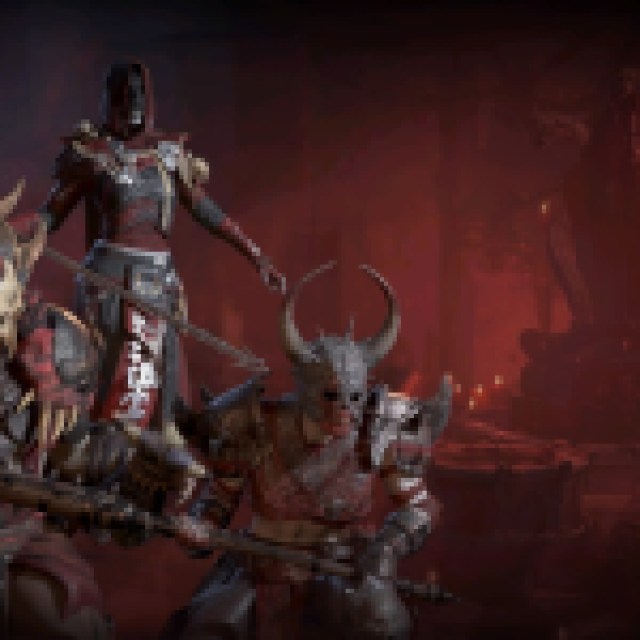
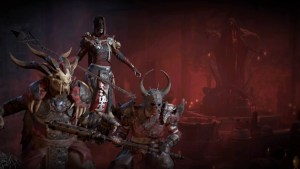
Similarly, no multiplayer game worth playing will only be active for the first five days, so rest assured that the money spent on the standard release offers more value in the long run. In fact, there is a chance the early access period could be so bad that you might decide not to buy the game at all.
But What About the Spoilers?
If there is a single-player game with a heavy focus on its narrative, I can understand wanting to join early so none of the important plot details are spoiled for you by people who got access before you. The truth is, there is a good chance the spoilers are already out thanks to leaks, early physical releases, and insiders who cannot keep quiet.


If you have dodged spoilers so far, and honestly, it is not that hard, you can probably manage for a few more days. For example, I cannot play Death Stranding 2 right now because I do not own a PS5. Yet outside of its trailers, I have not seen anything beyond a few screenshots and impressions. This is a Kojima game, so I am sure there are plenty of moments that could ruin my day, but a few basic precautions have kept me safe.
Life is Strange: Double Exposure’s first two episodes were released two weeks early for players who bought its expensive edition, which I find frankly a bit predatory, as you might have guessed by now. They knew that fans invested in the universe would want to experience the story as early as possible to avoid spoilers. Yet I have spoken to several fans who bought the regular edition and had no idea what happened in those episodes.


To be honest, if you are running into a lot of spoilers, there is a good chance you are either seeking them out or not taking simple steps to avoid them. Yes, certain YouTubers are extremely shameless about this and will spoil multiple things in their thumbnails and titles, which is why I have them muted after past experiences.
Vote With Your Wallet, Please
I am not going to tell you how to spend your money, and there are times when the more expensive digital editions do offer something worthwhile, but the reason publishers get away with this is because people are buying those editions just to play early.
Take Starfield’s Premium Edition as an example. The standard edition costs $70, while the premium edition was a whopping $100 and included some additional cosmetics, a planned expansion, and five days of early access.


Considering that what you got at launch from that edition was just cosmetics, a digital art book, the soundtrack, and five days of early access, it is obvious why most people bought it. It was to play early, and you can see that in the numbers on SteamDB, which show that 245,183 players were active during its early access period, meaning at least that many people purchased the $100 edition on just Steam.
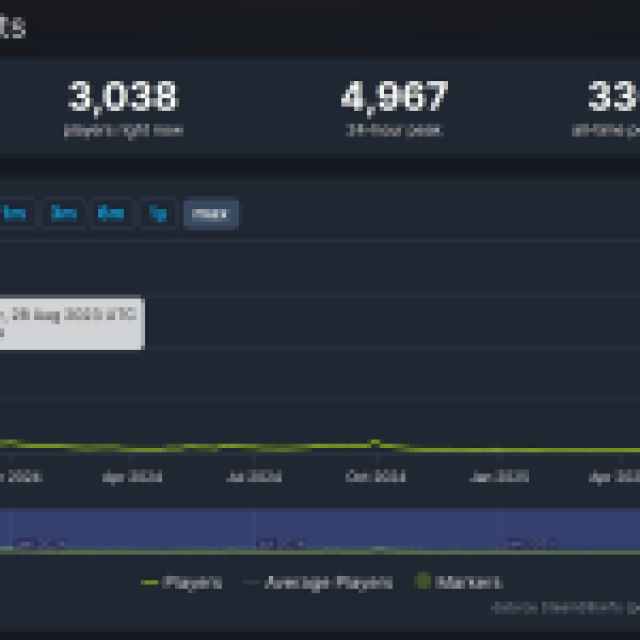
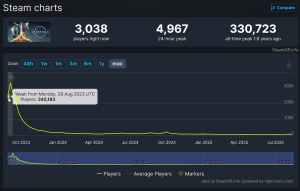
Now think about how Starfield is remembered today. It was not worth $100 by any measure. Yet hundreds of thousands gave in to FOMO, convinced Todd Howard could do no wrong, and got to experience the mediocrity five days early. Even the planned expansion came out a full year later. Would any level of quality have been worth that extra $30? Probably not.
This practice is being normalized and accepted simply because we are buying into it and believe that our nostalgia and hype justify playing the game early, which is exactly what they want. You can argue all day that games should not cost $70 or $80, but if you are handing over $100 for a couple of skins and a head start, do you really care about the price?
Buying the standard edition over these needlessly expensive premium editions sends a clear message, and while there will always be people who buy them anyway, voting with your wallet has an impact no matter what.
Not the Future I Want
Apply the same concept to a different medium, and it becomes easy to see the psychological manipulation at play. You would not pay a premium just to watch a TV show early, right? Someone could, but the vast majority of people are already tired of paying as much as they do for subscription services, and early access to a new show doesn’t sound appealing at all for an additional $10.
Why do video game publishers think it is justified to create these artificial release dates? Both games are the same in terms of core content, and while the additional goodies might be valuable to some, the early access incentive offers no tangible value beyond bragging rights for an early start. You would have played the game a few days later anyway if this option had not existed in the first place.
It may sound like I’m making a big fuss about something completely optional, but these practices have to be called out early on to avoid further damage. Right now, it’s completely acceptable if a multiplayer game ships with several battle passes and 10 different currencies because it’s the norm.
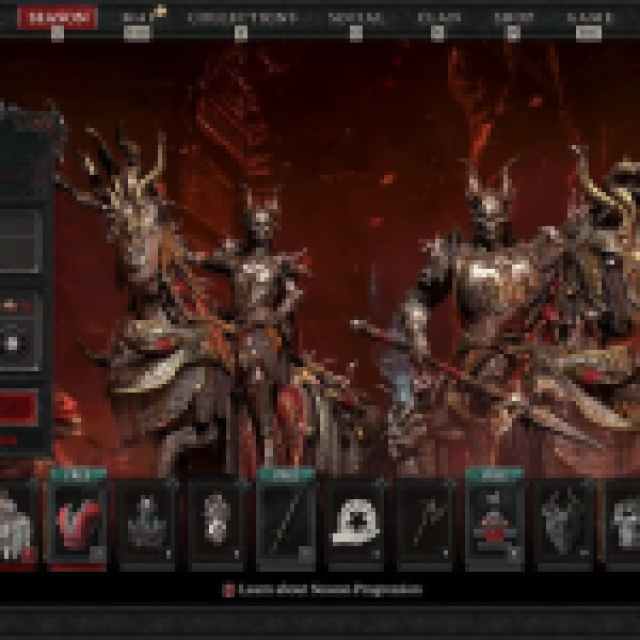

In the same way, publishers are seeing enough sales for these expensive editions, primarily driven by the early access incentive, and soon it will become the norm as well. To me, that is a sad future and one that could potentially hurt younger gamers who might feel pressured into paying for early access. Right now, it is bundled with an expensive edition, and given how monetization practices work, I can assure you that companies will find a way to separate the incentive and charge for it as well.
I know it can be frustrating to watch friends play before you, but the game is not going anywhere. Devil May Cry 6 (please, CAPCOM) will still be as good after its five-day early access. You could probably spend that extra $30 on something better and wait a few days. You have already waited years for this. Instead of a premium edition for an RPG you probably won’t like as much anyway, you could buy Ninja Gaiden: Ragebound for $25 and have a far better time.
